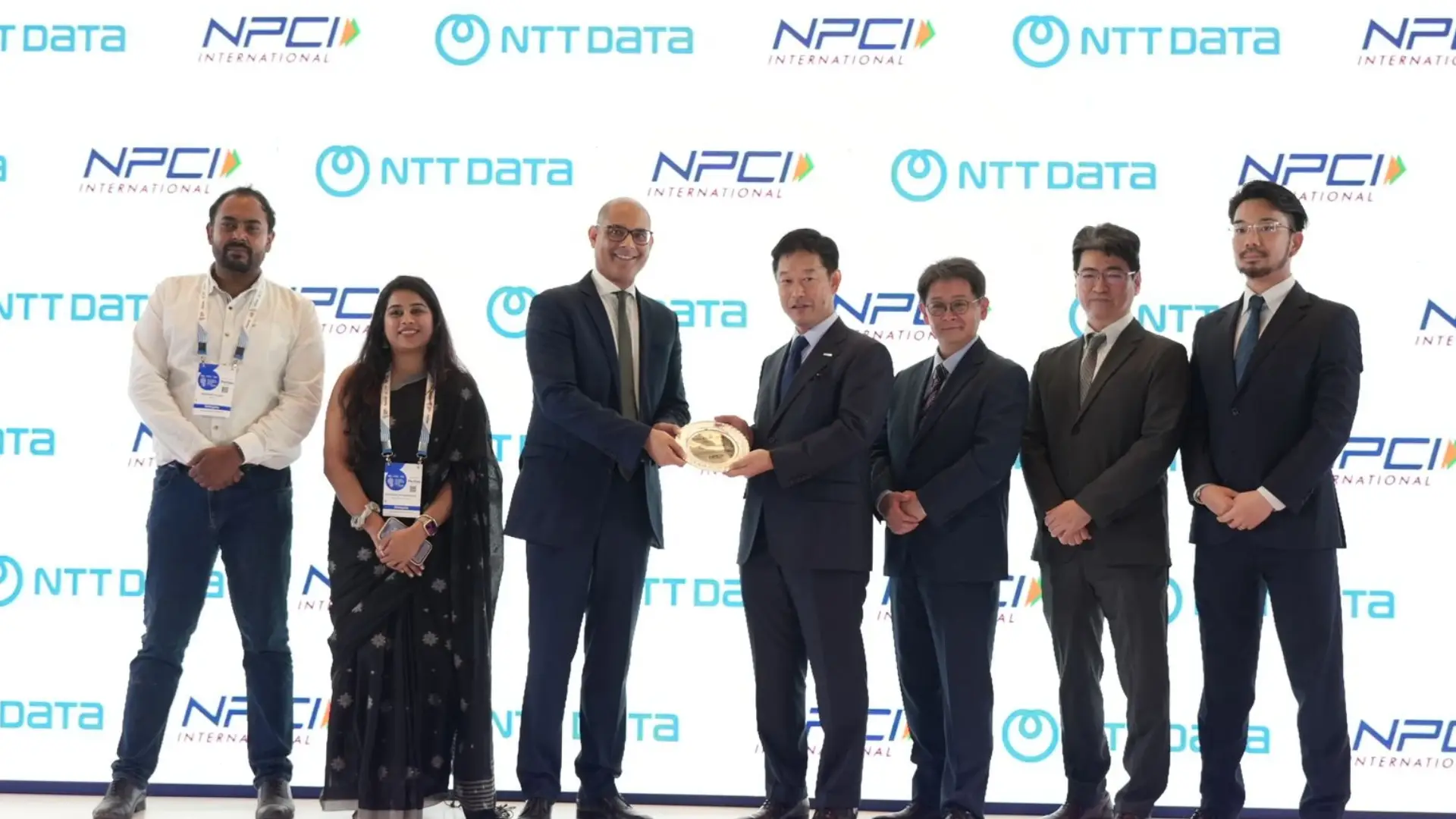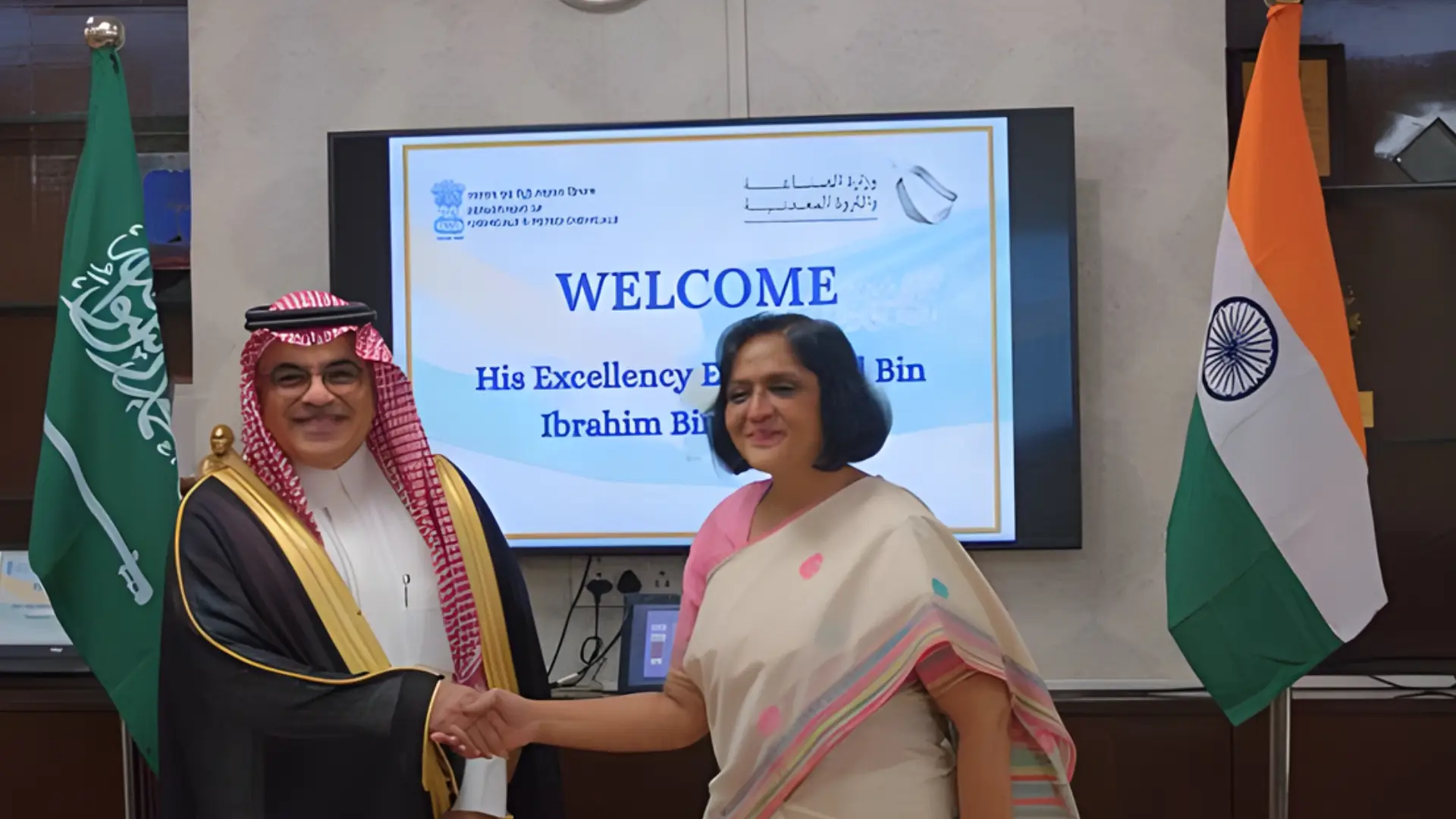The Harsh Truth About India’s Startup Ecosystem Nobody Talks About
Indians love businesses, Indians love politics, Indians love cinema, and Indians love sports, but when it comes to their kids’ future, most parents hesitate not because they don’t believe in their children, but because the system has taught them that stability is safer than dreams.
We’ve all heard the debate “Follow your passion” versus “Passion is a myth; get a good job.” But in today’s fast-paced economy, where funding is not a problem if you’re solving a strong problem, the idea of entrepreneurship is no longer limited to a few risk-takers. Young Indians are turning millionaires, even billionaires, before the age of 30.
It’s clear that something big is happening, a ripple effect that’s shaping the economy and the mindset of the youth. But the real question is, does India truly need more entrepreneurs? Or is there something deeper that we’re still missing?
Well, I will start this article with some interesting data that tells us a great story. Recent data supports this changing mindset. The GUESSS India 2023 Report, India’s first large-scale survey on student entrepreneurship, paints a fascinating picture.
It found that 14% of Indian students want to become entrepreneurs immediately after graduation, nearly matching the global average of 15.7%. But what’s even more interesting is how this number more than doubles within five years. About 31.4% of Indian students see themselves becoming entrepreneurs five years after graduation, slightly higher than the global average of 30%.
This shows a clear trend that the entrepreneurial fire among India’s youth is growing stronger with time. The study, conducted by IIT Mandi’s Dr. Puran Singh under the Global University Entrepreneurial Spirit Students’ Survey (GUESSS), covered data from 57 countries, making it one of the largest global studies of its kind.
The report also highlighted a gradual but notable shift in mindset. While 69.7% of students initially plan to take up jobs after graduation, this number falls to 52.2% within five years, as many plan to switch to building something of their own. This transition shows how Indian students are no longer satisfied with being job-seekers; they increasingly want to become job creators.
But what we need to understand is, this is the data of wannabe entrepreneurs. This is great news for India because many want to start their business and build for the world. But what we need to understand is the current scenario, rather than the future expectations. The real question lies beyond intent.
The same report shows that Indian students display the highest entrepreneurial intent globally, scoring 4.6 out of 7 on average, which is significantly above the global average of 3.7. Moreover, 38% of students are already involved in business ventures, with 33% in the nascent stages of development. But here’s the actual figure: only 4.8% have progressed to the revenue-generating phase.
That single number says a lot. The spark is there; the ambition is there, but the execution and sustainability are still missing. It is not that India lacks entrepreneurial energy or spirit. But still, there’s a lack of proper ecosystem, mindset, and direction to turn the intent into impact.
And that’s where the discussion truly begins — not about how many entrepreneurs India has, but what kind of entrepreneurs the country really needs.
And now, even if we look at the innovation that’s happening and the variety of things that are coming up, it shows a clear gap in uniqueness. Many people are coming up with startups that are solely solving convenience problems. But what about the real-world, big problems?
Even if we look at the so-called innovation that’s happening and the variety of startups coming up, it clearly shows a gap. Most of what we see today are startups solving convenience problems such as making deliveries faster, payments smoother, or shopping easier. But what about the real-world problems?
The problems that define the future of a nation, like water scarcity, agricultural inefficiency, poor public healthcare, or waste management? Those areas remain largely untapped. Out of nearly 1.6 lakh DPIIT-recognized startups in India, less than 1% are classified as deep-tech startups—those that rely on significant R&D or scientific innovation. The rest of the startups focus on the sectors that revolve around making life more convenient, not necessarily more sustainable or impactful.
And that is why, as a result, this pattern also shows up even in our national innovation data. India recently rose to 38th place in the World Intellectual Property Organization’s Global Innovation Index 2025. On paper, that looks impressive. We even rank 1st globally in ICT service exports, 4th in late-stage venture capital deals, 8th in intangible asset intensity, and 11th in unicorn valuation.
But here’s the other side: India’s gross expenditure on R&D remains stuck at just 0.65% of GDP, a figure that hasn’t moved much in the last decade. To put that in context: The United States spends around 3.5%, China invests about 2.5%, and even smaller innovation-driven economies like South Korea and Israel spend over 4%.
And that is what we should focus more on in order to build the big companies in the future. And when we have strong solutions for the global problems, India can dominate the world with a strong economy, youth, and rising opportunities.
So, the answer to the question of whether India needs more entrepreneurs is simple. Yes, more people are coming to India to start, but what they are building and how efficiently they are building changes the whole narrative.










